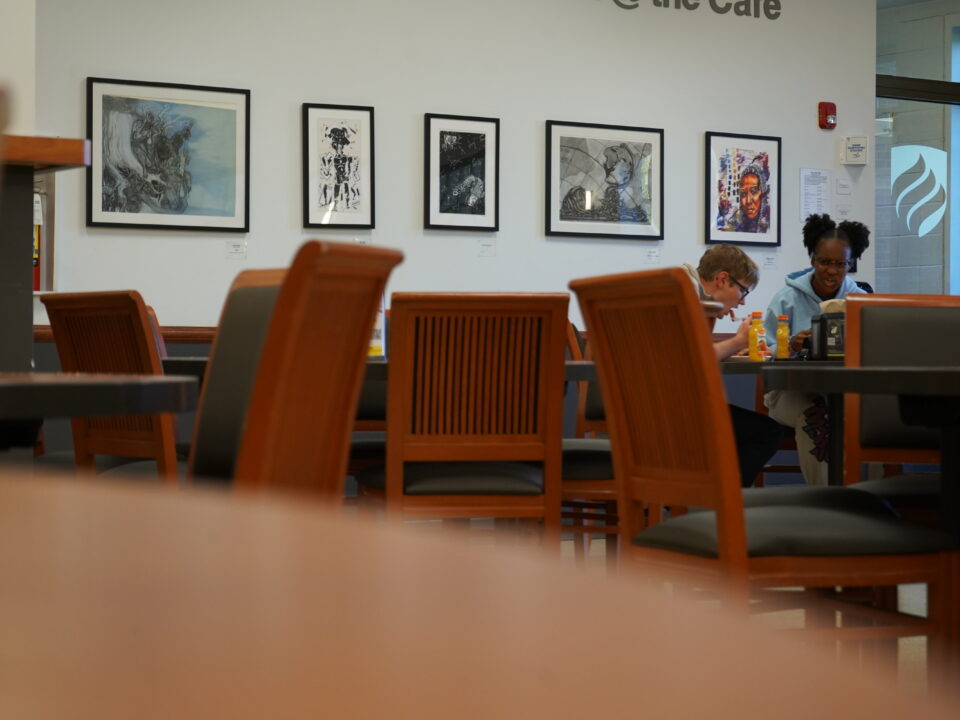Issue a vaccine mandate for the fall
As Elmhurst University prepares to incorporate more opportunities for in-person learning next academic year, there are some factors to consider. With vaccine eligibility and accessibility on the rise, EU should consider issuing a vaccine mandate for those returning to in-person learning in the fall.
About a quarter of the population is fully vaccinated and over a third have received at least one dose. Vaccine eligibility is expanding, and more groups of people are able to be vaccinated. Additionally, the vaccine supply is on the rise, being increasingly available to meet demand.
With three whole months between now and the start of the new school year, it looks promising that a good amount of the population will be, or in the process of being, vaccinated by then. A vaccine mandate set up come fall would not only be feasible, but would be a necessary measure in keeping the campus safe.
Universities across the nation have already made the decision to enforce a vaccine mandate for those returning to in-person learning. In the Chicagoland area, both DePaul University and Columbia College have announced their vaccine mandates, and EU could benefit from modeling after their guidelines.
Both DePaul and Columbia are requiring students to be fully vaccinated when they begin in-person learning in the fall. However, at Columbia, students can return to campus unvaccinated, as long as they agree to be tested at least once a week and begin the vaccination process.
For EU, this is a pretty good model to follow. Like DePaul and Colombia, EU hosts many international students who may not have the vaccine readily available in their home country. Still allowing them to attend classes as they look into vaccination options in the United States is a fair consideration. This model still rewards students for being vaccinated even if circumstances over the summer got in the way of their vaccination plans.
DePaul and Columbia also are both acting as vaccination sites for their campus community. EU has already done this, so we know that it is possible to make it a vaccination site again in the future. Providing students with the vaccine directly, makes it easier for them to comply with the mandate.
EU should make it its mission to make vaccines accessible and equitable for all those involved. EU should not ask students for proof of insurance or residency to ensure those without access to health insurance, or who are undocumented, are eligible to recieve the vaccine through the university.
DePaul and Columbia are both offering exemptions for medical or religious reasons, and as a so-called inclusive community, EU should oblige by this as well.
With all of the additional resources put in by EU to sustain online learning during the pandemic, those tools can still be used for those who are not able to, or are not comfortable with, in-person learning.
DePaul and Columbia have not issued a requirement for faculty and staff to be vaccinated, though it is strongly encouraged. EU should also consider a requirement for faculty and staff, as it would make the rest of the community feel much safer.
In having a vaccine mandate, EU is not only ensuring a safer community to return to in the fall, but it is also incentivising people to get the vaccine in general. It is safe to say that college students — for the most part — want that in-person experience back, so they will be more inclined to get vaccinated (if they were already on the fence for example).
As the COVID-19 Task Force and the Cabinet consider a vaccine mandate for EU, they should take into account what local schools are already doing, as well as the overall positive impact they can have on the vaccine discourse amongst those who still may be hesitant.


